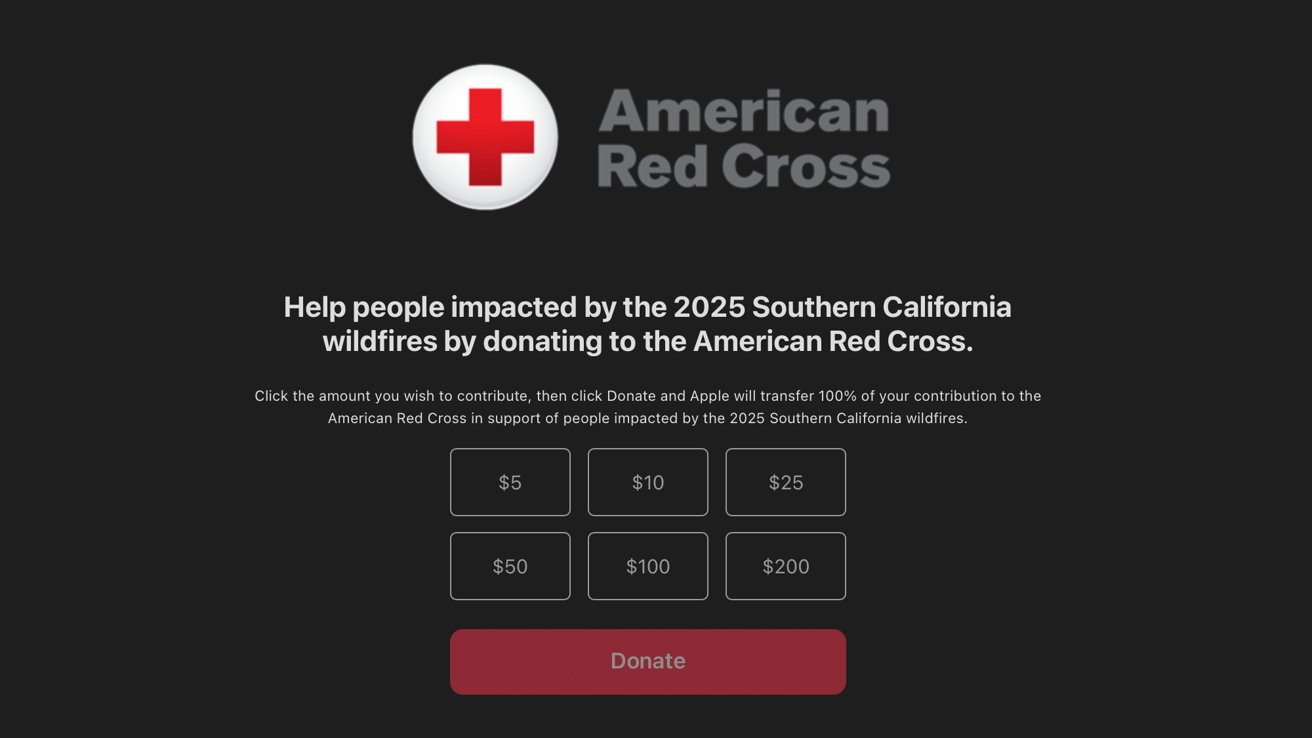The collaboration between Poka and IFS aims to tackle skills shortages in the factory workforce by innovating training and engagement processes, positioning Poka as a vital tool for connecting and empowering front-line workers.
Reporting from the ERP Today News Desk, live at the IFS Unleashed event in Orlando, Florida, Mark Vigoroso, chief content officer, ERP Today/Wellesley Information Services and Stephanie Ball, deputy editor, ERP Today, sat down with Alexandre Leclerc, cofounder and CEO at Poka and Kathrin Schneider, SVP global sales at Poka, marking one year since IFS acquired Poka.
A re-introduction to Poka
With the origin of the name Poka being the Japanese term Poka-yoke, meaning ‘error prevention’ or to ‘avoid mistakes’, it’s a fitting name for software built to help front-line worker performance in factories.
Coming from a family business operating factories in the US and Canada, CEO Leclerc says having “the chance to grow up on the shop floor” helped him to see the capability gaps that needed technological support.
“I was frustrated that we had 165,000 documents in SharePoint, we couldn’t really find everything, and it was paper-based and very manual. I couldn’t understand how you can find anything on YouTube to fix anything broken in your house, and you were connected to friends and family through Facebook, but in a factory it was all paper-based, a lot of emails and a lot of meetings.”
Explaining the problem Poka solves today, company CEO Leclerc says: “We wanted to provide a better platform for workers to achieve success in the factory and help them be proficient at their work. It’s a platform that allows you easy access to knowledge, develop your skillset, collaborate and do all your paperwork digitally, providing a lot of big improvements to workflow and process within a business.
“My dad always told me when I was growing up, that it’s fine to make a mistake, it’s not fine to do them twice. Poka is all about making sure that we capture all the problems that are happening in factories and prevent them from happening again.”
As the pandemic struck, Leclerc explains that’s where the benefits of Poka really came to the fore. Overnight, people were struggling, missing workers on the factory lines, realizing they had inadequate training systems and that there was no easy way to communicate across factories.
“When we started ten years ago, there was no Wifi, no iPads or tablets in factories and it was a big challenge,” says Leclerc. “Now, everything is more standard, and in the next two years, I think we are going to see a huge increase in connected worker solutions in factories.”
Post-acquisition changes?
A year after the IFS acquisition, from Schneider’s perspective, Poka is now expanding its capabilities further following the IFS acquisition. She shares: “We’re enhancing Poka with things such as digital whiteboards (we call them Poka boards) to create digital versions of physical notes and share across an organization.
“That’s just one example of how we are moving everything that workers have on the shop floor into a digital format so that they can connect it to different applications, making integrations easier and more accessible so they can also use the power of that data and take action of those insights.”
Following all the IFS.ai updates announced at IFS Unleashed, AI is also set to play a central role in supporting the connected worker use case for Poka.
With customers deploying Poka across hundreds of factories, Leclerc says: “It’s a huge piece for us. When customers want to connect factories, the biggest barrier is language. So we are leveraging AI to do speech-to-text and then run translation systems so that any employee across any factory can access any type of content in their own language to understand and apply the content.”
Offering a few more quick examples, Leclerc shares that Poka is also using AI to allow users to use semantic search for within the massive amount of data from any video. From here, he says, “You can ask a question within and the system will provide you with the best answer leveraging AI capabilities.”
Moreover, users can now mass upload content from PDF and Word document formats to Poka, and currently, the Poka team is working on tools to automatically break down an uploaded video into a step-by-step picture and text format.
“What we are really trying with AI is to make life simpler for the operators, to remove all the noise and really focus on what’s valuable for them on a daily basis.”
A mesSage that Schneider and Leclerc share is that it’s a mutual value-add for the now-twinned IFS and Poka teams. Leclerc, says: “IFS’ good process of solution selling, understanding the pain of the customer and really working on use cases changed a lot of our cultures and how we drive use cases with clear ROI impacts for our customers.”
“But for us, it’s really the last mile. Poka is very operator-centric, so being able to be the system of engagement for the operator to engage with multiple systems of IFS makes it easy to share information. Poka is the system of knowledge that’s connected to that system of record – which is IFS and the other tools that they have acquired in the past.”
Schneider adds: “With the other streams of technology that IFS has in the portfolio, one of the things we are looking at is how you use Poka in those functions – so for service management use cases, how does Poka apply to those field technicians? And looking at IFS’ other acquired companies, how can we use some of those best practices in collaboration so we can make it more innovative across all the customers that IFS has in its portfolio.”
One year on, it’s clear that Poka is pushing ahead with the collaboration between all that IFS and its other brands have to offer. At a time when front-line worker skills shortages are rife, with many experienced employees nearing retirement and growing demand for advanced technical skills, IFS Poka remains a safe bet for connecting workers, with more innovation to come down the factory line.








